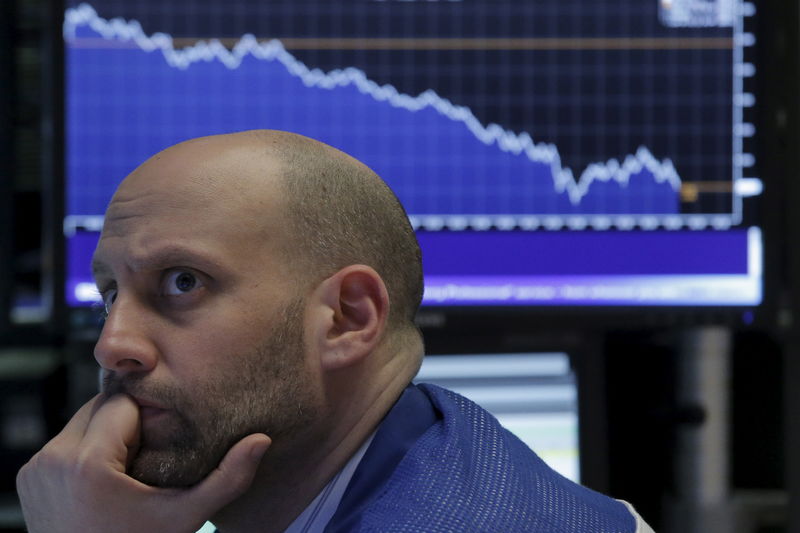Summers Urges Fed to Signal Four ‘22 Hikes to Regain Credibility -Breaking
[ad_1]
 © Reuters. Summers Urges Fed to Signal Four ‘22 Hikes to Regain Credibility
© Reuters. Summers Urges Fed to Signal Four ‘22 Hikes to Regain Credibility(Bloomberg) — Former Treasury Secretary Lawrence Summers said that Federal Reserve Chair Jerome Powell ought to signal the possibility of raising interest rates four times next year, in order to restore what he argues is the central bank’s lost credibility on fighting inflation.
“I’d be signaling four rate increases next year — with two-sided uncertainty, depending on how the inflation figures of work out,” Summer said on Bloomberg Television’s “Wall Street Week” with David Westin. “That will be a jolt. But a jolt is what is required to restore credibility.”
Summers said that his key takeaway from Friday’s November employment figures was the tumble in the jobless rate to 4.2%, from 4.6%. According to Summers, the report revealed that there was an inflow of Americans last month into the labour force, which reinforced the strength and importance of the improvement.
“I read this as consistent with the picture that we’ve got an economy moving towards overheating — with the benefits that that means for disadvantaged workers, but with the risks that go with inflation,” said Summers, a paid contributor to Bloomberg who’s a professor at Harvard University.
Powell this week said that Fed policy makers will discuss bringing forward the termination of the central bank’s asset-purchase program from the current target of mid-2022. The Fed would be able to increase rates faster, but Powell didn’t give specific guidance about any future increases for 2022.
The Fed need not “lock in” to boosting its policy rate four times in 2022, Summers said — but signaling that would show the public the determination of policy makers to stem inflation, which in October ran at the fastest pace in three decades. He said that there might be an alternative: raising rates faster in 2023.
“Four interest-rate hikes next year are less likely to tip us into recession than eight” in the following year, Summers said. “The lesson” of the 1960s and 1970s is that “you have to do even more to regain credibility” once it’s been sacrificed.
Summers said also that markets have priced in too low an end point for Fed rate rises given the current inflation.
“If you look at every business cycle since the 1950s, the Fed funds rate has never peaked below 2.5%,” Summers said. With inflation exceeding 5%, “if anything that 2.5% figure is too low, and markets aren’t pricing anything like that, so I still think we’ve got some substantial distance to go in terms of signaling the Fed’s resolve.”
©2021 Bloomberg L.P.
Fusion MediaFusion Media and anyone associated with it will not assume any responsibility for losses or damages arising from the use of this information. This includes data including charts and buy/sell signal signals. Trading the financial markets is one of most risky investment options. Please make sure you are fully aware about the costs and risks involved.
[ad_2]
